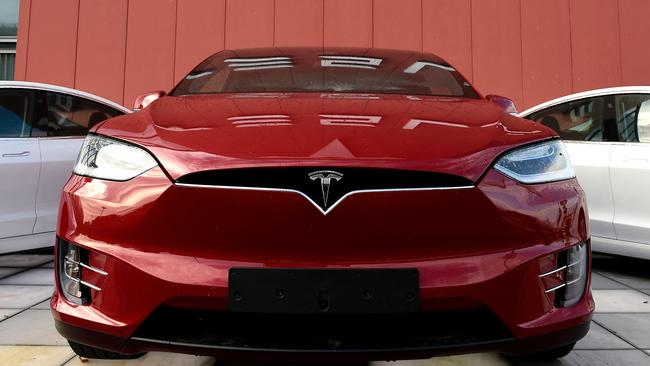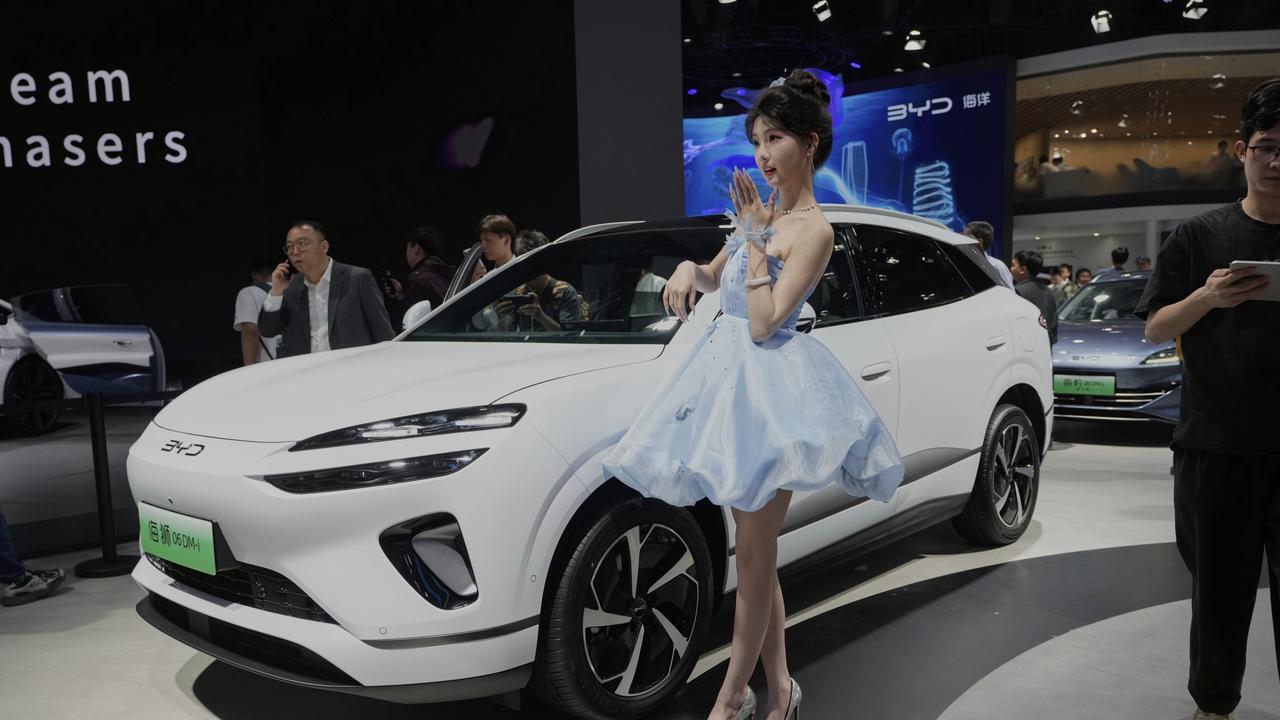How Australia’s motor vehicle industry could be fully decarbonised by 2050
Research from the International Council on Clean Transportation (ICCT) finds that Australia can fully decarbonise its motor vehicle fleet by 2050, if it uses fuel efficiency standards similar to those in other countries.

A new study from the International Council on Clean Transportation (ICCT) has found that Australia could fully decarbonise its motor vehicle fleet by 2050 by implementing fuel efficiency standards similar to those in New Zealand, the EU and the US.
Those standards work by requiring vehicle manufacturers to reduce the amount of pollution from the cars, utes and SUVs they sell, which incentivises the development and sale of more efficient vehicles, like EVs, with fines and penalties for manufacturers who don’t comply.
The ICCT’s report suggests that to decarbonise Australia’s fleet by 2050, more stringent fuel efficiency standards need to be introduced in 2024 that will reduce well-to-wheel CO2 emissions by 95 per cent in 2050 when compared to 2019.
The government estimates that passenger cars and light commercial vehicles account for nearly two-thirds of Australia’s transport emissions, which made up approximately 12 per cent of the country’s total greenhouse gas emissions in 2021.
The study predicted that implementing world-class emission standards by 2024 would result in all new passenger cars and light commercial vehicles sold in Australia being zero-emission vehicles by 2035.
Zifei Yang, ICCT’s passenger vehicles program lead and a co-author of the paper, says fuel efficiency standards are key to encouraging EV uptake in Australia.

“It’s abundantly clear that emission standards would be effective in driving significant reductions in CO2 emissions from Australia’s fleet, and they can promote both electric vehicles and emissions reduction from internal combustion engine (ICE) vehicles,” Ms Yang said.
Greg Bourne, an energy expert with the Climate Council and former BP Australasia President, says it’s crucial for Australia to follow other markets that have already imposed the standards.
“Europe has long had fuel efficiency standards where, if you do not make your cars really efficient, then they‘re either going to be deliberately priced out of the market, or they’re not going to be sold into that market,” Mr Bourke said.
“They can be dumped into other people‘s markets, but not sold into that market. That’s an issue we’ve ducked up until now, but we may very well become a dumping ground for these high-emissions ICE vehicles if we don’t put fuel efficiency standards in place.”
The impact of the voluntary CO2 emissions targets set by Australia’s Federal Chamber of Automotive Industries (FCAI) – a lobbying body that represents the major car-manufacturing brands in Australia – were also analysed in the study, with the ICCT finding that even at their most stringent, the proposed standards would still allow ICE vehicles to dominate Australia’s vehicle stock in 2050.
“The FCAI is basically saying ‘go slow, the world will fall apart if we go fast’,” Mr Bourne said.
“But look at who the FCAI represents – a whole industry of people working with fossil-fuel-driven vehicles. So they’ll continue to lobby to go slowly, because the whole model is fundamentally changing so dramatically.”
Anthony Broese van Groenou, sustainability expert, PhD researcher and co-founder, director and CSO of EV company Good Car, says even though the standards are much-needed, EV uptake will continue to be a challenge in Australia.
“We‘re already a small market at the end of supply chain, and if we don’t have standards in place there’s no way that we’re going to get any prioritised supply of EVs,” Mr Broese van Groenou said.
“Regardless of having policies and mechanisms to support EV uptake, it will be a struggle, but we still have to do everything that we can, while still realising that there is going to be a fair bit of opposition to a transition to electric.
“But there are so many benefits that come out of getting it right, including a huge economic benefit for Australia with many jobs to be created in this clean transition.”



To join the conversation, please log in. Don't have an account? Register
Join the conversation, you are commenting as Logout